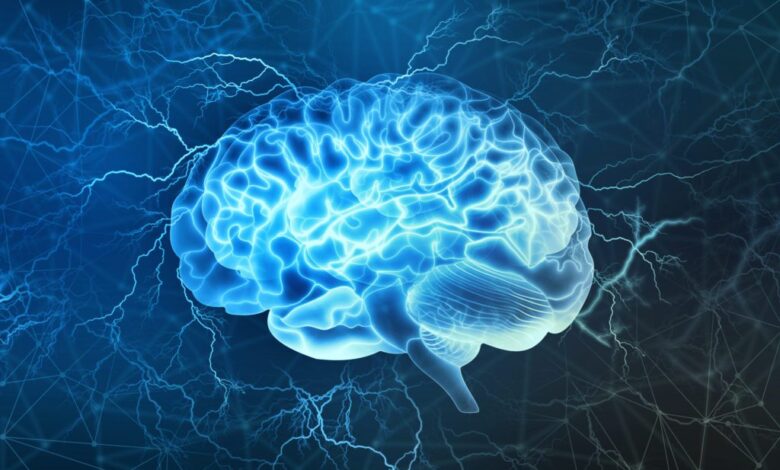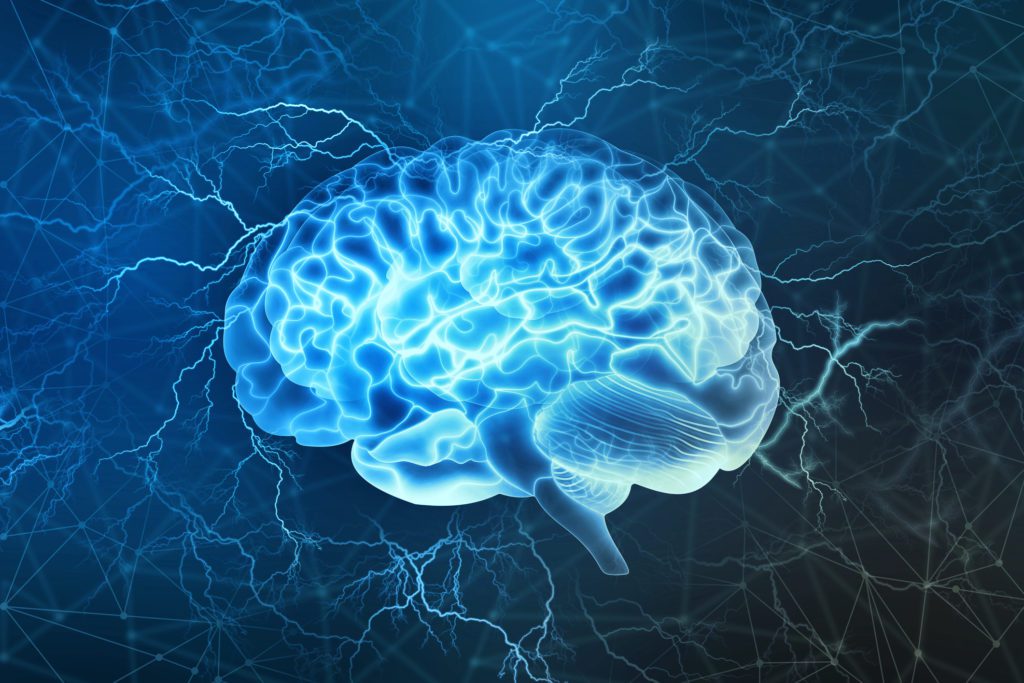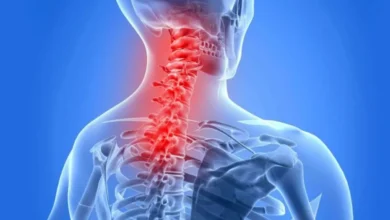A Guide to the Symptoms of Alzheimer’s Disease

Alzheimer’s Disease is a progressive neurological disorder that causes the brain to shrink (atrophy) and brain cells to die. It is the most common cause of dementia, leading to a continuous decline in thinking, behavioral, and social skills. Here, we delve into the causes, symptoms, and stages of Alzheimer’s Disease, aiming to enhance awareness and understanding of this condition.
What is Alzheimer’s Disease?

Alzheimer’s Disease is a chronic neurodegenerative disease that usually starts slowly and worsens over time. It accounts for 60–70% of dementia cases, with millions of individuals worldwide living with this condition. Unlike age-related memory lapses, Alzheimer’s causes significant impairment in daily life, attributed to the death of brain cells.
Causes of Alzheimer’s Disease
The exact cause of Alzheimer’s remains partially understood, but it is known to involve a combination of genetic, lifestyle, and environmental factors that affect the brain over time. Key factors include:
- Genetic Mutations: Certain genes have been linked to Alzheimer’s, increasing the risk of developing the condition.
- Lifestyle and Environmental Influences: Factors such as diet, exercise, and exposure to toxins may play a role in the onset of Alzheimer’s.
- Brain Changes: Alzheimer’s is marked by the accumulation of amyloid plaques and tau tangles in the brain, leading to cell death.
Symptoms of Alzheimer’s Disease
The journey through Alzheimer’s Disease is unique for each individual, with symptoms manifesting and progressing at different rates. Early detection is crucial for managing the condition effectively.
1.Memory Loss That Disrupts Daily Life
Not just misplacing keys but forgetting important dates or events, asking for the same information repeatedly, and increasingly needing to rely on memory aids or family members for things they used to handle on their own. This type of memory loss is persistent and worsens over time, distinguishing it from typical age-related forgetfulness.
2.Challenges in Planning or Solving Problems
Some people may experience significant changes in their ability to develop and follow a plan or work with numbers. They may struggle with following a familiar recipe or keeping track of monthly bills. They may have difficulty concentrating and take much longer to do things than they did before. This can lead to frustration and withdrawal from activities that require mental effort.
3.Difficulty Completing Familiar Tasks
People with Alzheimer’s often find it hard to complete daily tasks. They may have trouble driving to a familiar location, managing a budget at work, or remembering the rules of a favorite game. Tasks that were once automatic become a challenge, as the disease affects the ability to perform sequential steps required for complex tasks.
4.Confusion with Time or Place
Alzheimer’s can disrupt the sense of time and place. Individuals may lose track of dates, seasons, and the passage of time. They may have trouble understanding something if it is not happening immediately. Sometimes, they may forget where they are or how they got there. This confusion can lead to disorientation and anxiety, making it difficult for them to engage in social activities or travel.
5.Trouble Understanding Visual Images and Spatial Relationships
For some, vision problems can be a sign of Alzheimer’s. This may lead to difficulty with balance or trouble reading. They may also have problems judging distance and determining color or contrast, causing issues with driving. These symptoms can arise from brain changes affecting visual processing pathways, complicating everyday tasks and impacting safety.
Stages of Alzheimer’s Disease
Alzheimer’s Disease progresses in several stages, ranging from mild forgetfulness to severe dementia:
- Preclinical Alzheimer’s Disease: No symptoms are present, but brain changes may already be occurring.
- Mild Cognitive Impairment (MCI): Mild changes in memory and thinking abilities noticeable but not severe enough to interfere with daily life.
- Mild Alzheimer’s Disease: Memory loss and cognitive difficulties become more apparent, impacting daily activities.
- Moderate Alzheimer’s Disease: Damage occurs in areas of the brain that control language, reasoning, sensory processing, and conscious thought.
- Severe Alzheimer’s Disease: Individuals lose the ability to respond to their environment, to carry on a conversation, and eventually, to control movement.
Diagnosis and Treatment
Diagnosing Alzheimer’s Disease involves careful medical evaluation, including medical history, mental status testing, and physical and neurological exams. Treatments focus on symptom management and can include medications and therapies aimed at slowing the progression of the disease.
Living with Alzheimer’s Disease
Living with Alzheimer’s means adjusting to a new normal and finding support in family, friends, and caregiving resources. It’s essential for both patients and caregivers to seek support from communities and organizations dedicated to Alzheimer’s care.
If you have any queries related to medical health, consult Subhash Goyal or his team members on this given no +91 99150 72372, +91 99150 99575, +918283060000



